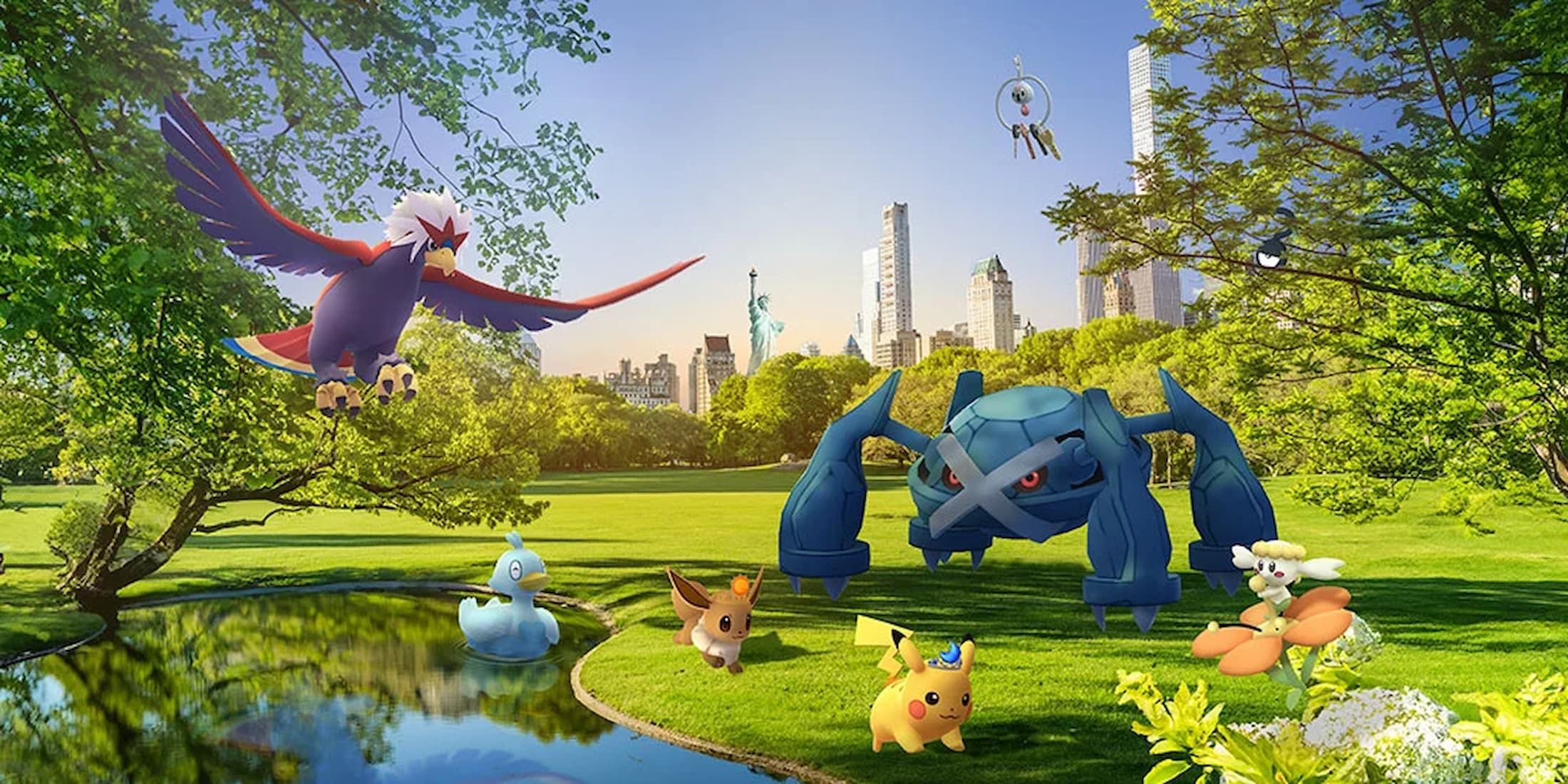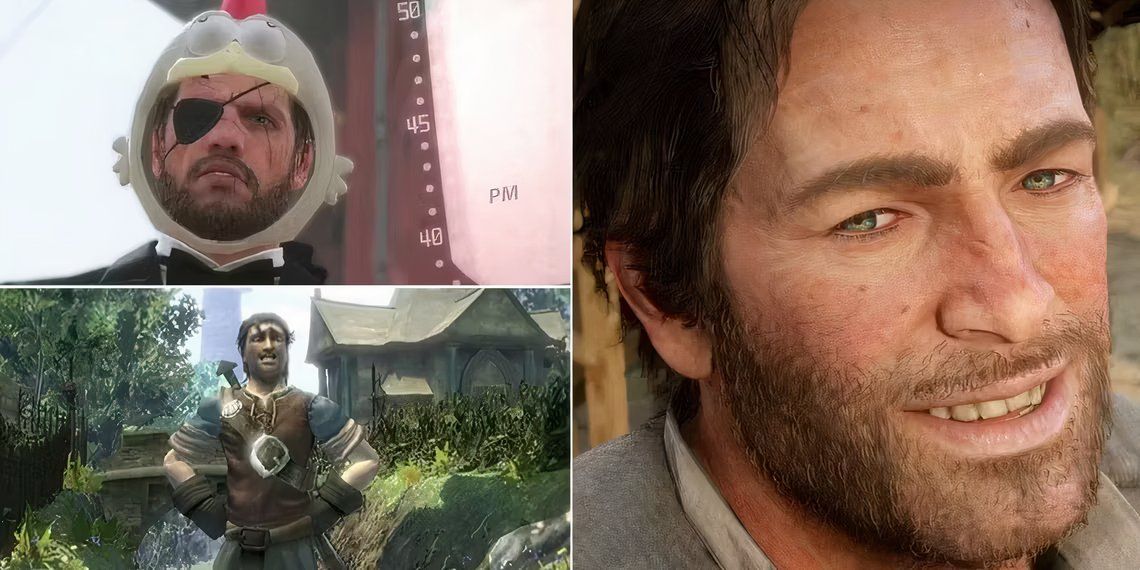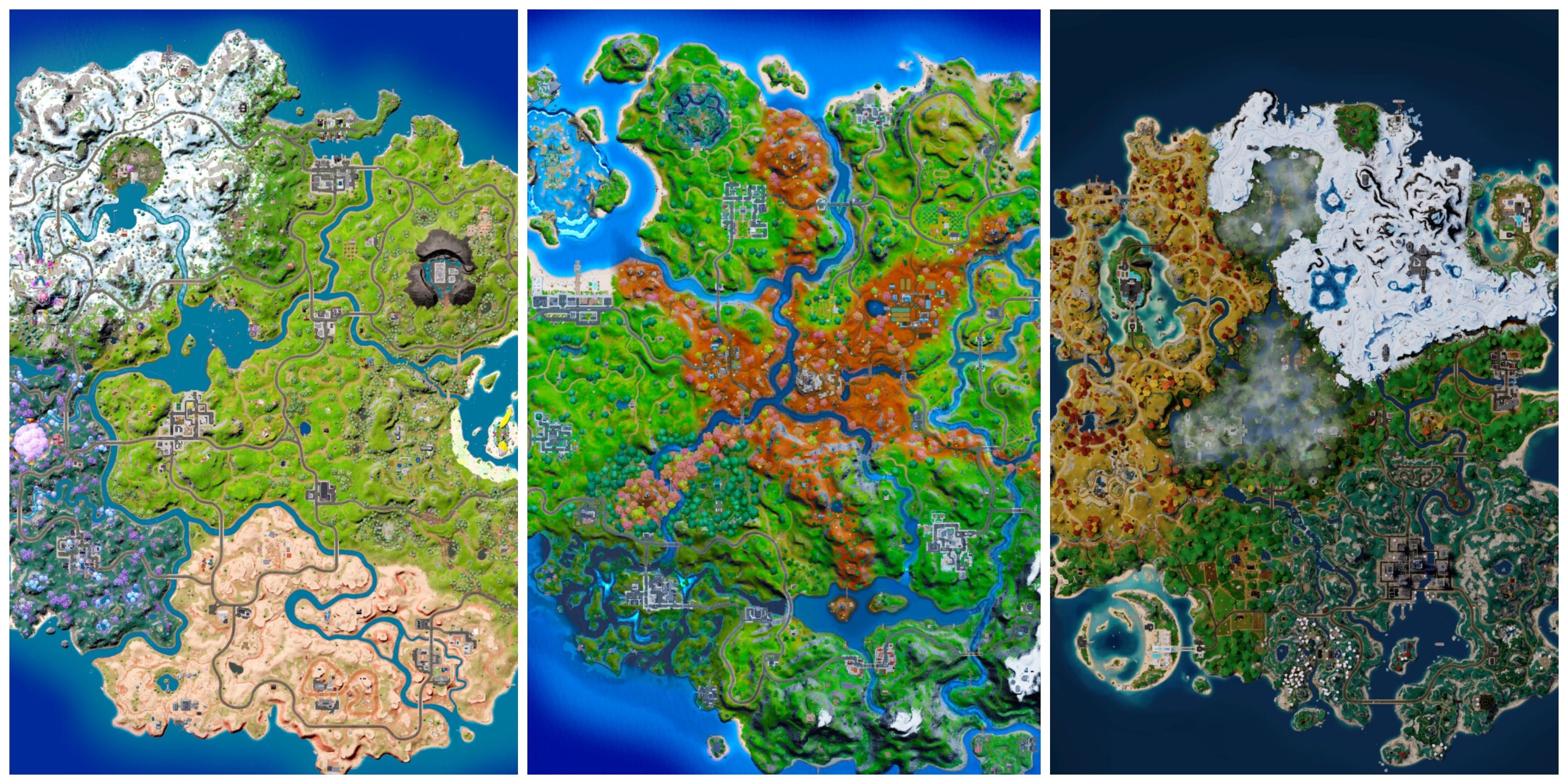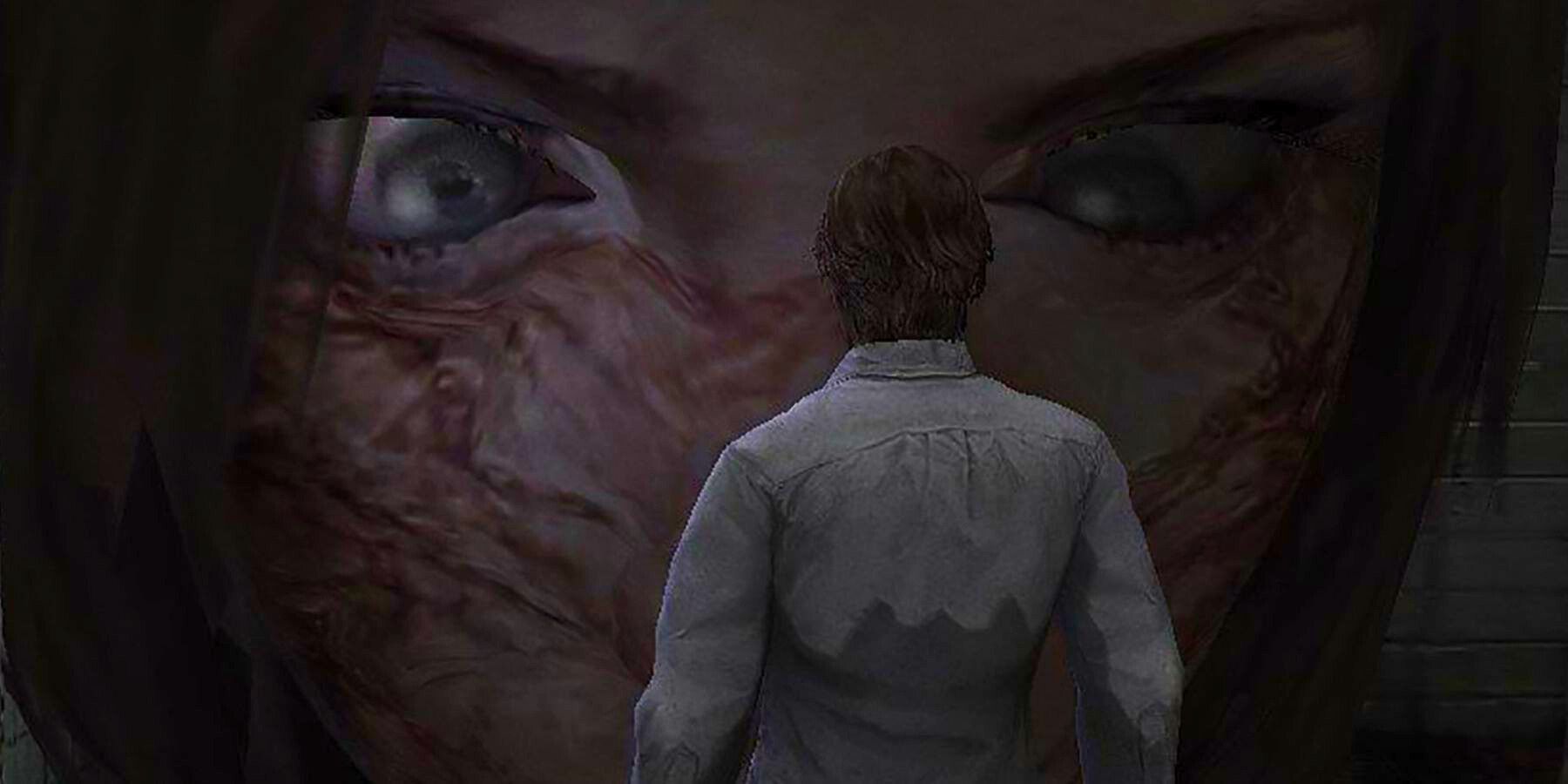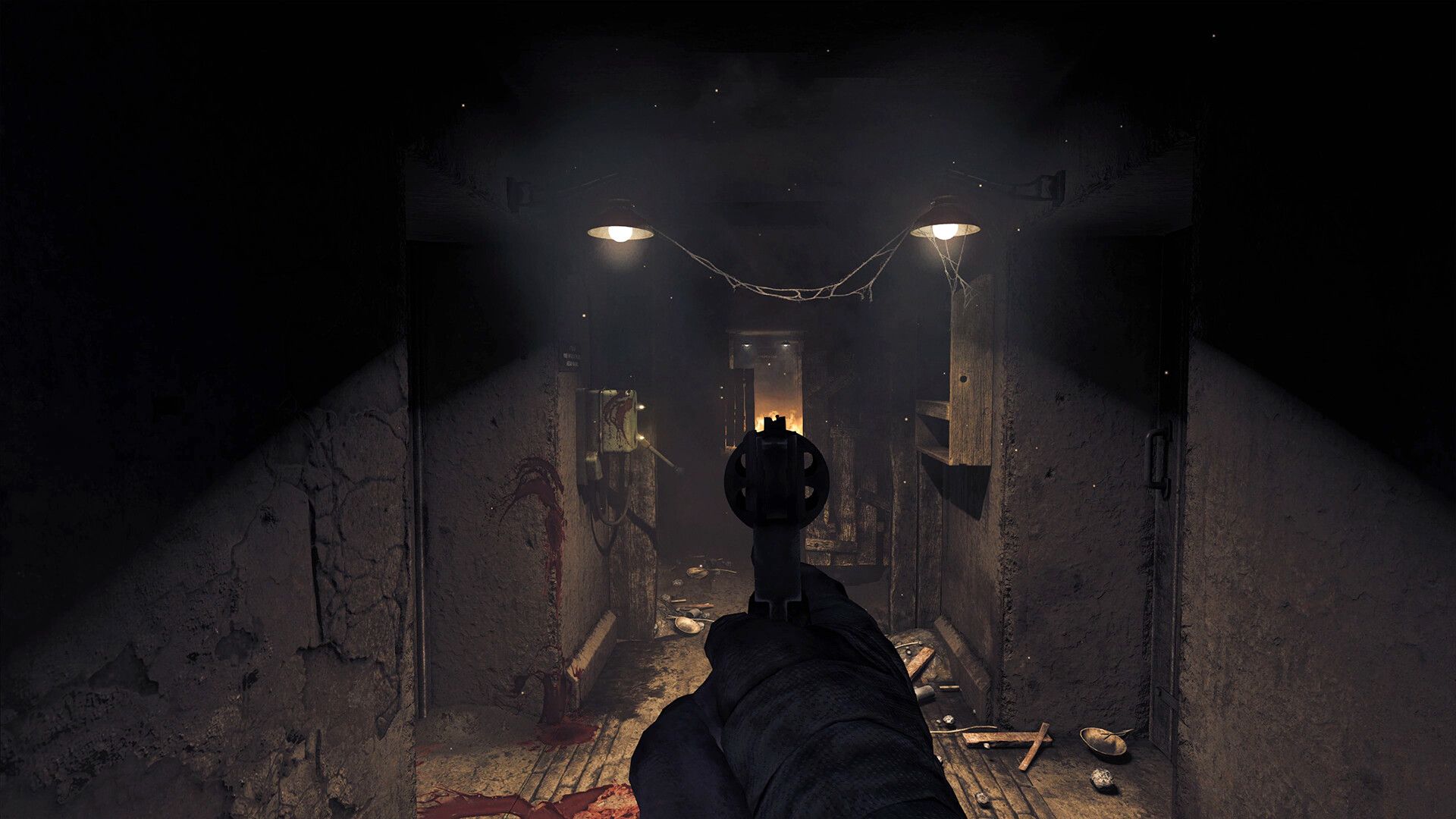Horror and all its subgenres are fickle in gaming. This can be attributed to many characteristics of how thematic tropes are implemented into game design, but many horror games boil down to the cheap thrills that the genre traditionally offers. Survival horror is unique since it is commonly discerned through minimal resources and the player character’s general unawareness of their situation, but as popular classics turn into long-standing franchises it becomes more challenging to continue that same narrative or develop those same characters with the same effect. Resident Evil and Silent Hill are both guilty of this, having had their franchises diluted into something unrecognizable from what they were before.
Resident Evil gradually became an action-oriented series while Silent Hill games simply branched too far into obscurity with games fans found underwhelming compared to early installments, but neither franchise can be blamed too severely for losing a grasp on the survival-horror elements that made them iconic. Survival horror is arguably not sustainable in long-form because of how terrible and dramatic the characters’ encounters usually are, and that is why episodic or anthological installments are much more palatable. Indeed, there could be a lot more profound moments shared, and beloved characters would not need to be stretched until threadbare if more survival-horror games adopted an anthology approach to their franchises.
Survival Horror Can Only Be Sustained in So Many Consecutive Sequels
Resident Evil is the perfect example of what happens when too many survival-horror games are released in succession and with the same protagonists. Only so many tragic or disturbing encounters can befall any one character before it becomes absurd or fans become indifferent to their circumstances, especially if they are competent enough to survive any incident thrown at them.
Scares might always be effective in affecting the player, which can make at least an initial playthrough memorable and engaging. That’s not to say characters like Leon and Jill have never expressed trauma or grief, but those expressions are largely implemented in Resident Evil’s remakes alone. Moreover, Resident Evil could have branched out to become a great anthology series itself if Chris Redfield never rappelled down at the end of Resident Evil 7.
Silent Hill has been quite smart to bounce around between different protagonists in unconnected Silent Hill experiences for this reason, where new perspectives and circumstances can lead characters to Silent Hill for a character’s own personal reasons. Silent Hill isn’t anchored to any singular protagonist in this regard, though the Masons are more prolific than others.
The upcoming Alan Wake sequel is a new entry into survival horror, but having the same protagonist as its predecessor gives it the same issue of character repetition that could make Alan himself much less interesting than Alan Wake 2 deuteragonist Saga Anderson. It would be nearly impossible to cleave Alan away from the franchise that is titled after him, and that could be its biggest hindrance when it comes to future sequels or spin-offs in Remedy’s connected universe.
Perhaps the most succinct example of how well these anthologies work is in franchises like Amnesia, Outlast, or The Dark PicturesAnthology, which lean more toward psychological horror than survival horror. The gameplay in any of these franchises is nearly facsimiled from game to game within each, but they are continually entertaining because their atmosphere, aesthetic, or characters are usually wildly distinct.
The next Amnesia game may be completely unique in its setting compared to Amnesia: The Bunker’s WW1 backdrop, for example, while The Outlast Trials’ co-op, goal-oriented experience was emergent for the franchise, and that offers them a great degree of unpredictability and longevity. Silent Hill is already technically an anthology franchise since it has multiple standalone games that are unrelated to one another other than how the location of Silent Hill is concerned, and its upcoming installments already seem to be taking this approach much more literally by producing abstract entries that are hopefully distinct from one another.

